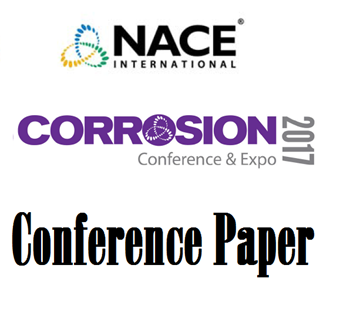Search
11182 Cathodic Protection Design Considerations for Buried Nuclear Piping
Also Purchased
11184 Copper Grounding and Cathodic Protection In Nuclear Facilities
Product Number:
51300-11184-SG
ISBN:
11184 2011 CP
Publication Date:
2011
$20.00
51315-5511-US Nuclear Regulatory Commission Activities Regarding Buried and Underground Piping at Nuclear Power
Product Number:
51315-5511-SG
ISBN:
5511 2015 CP
Publication Date:
2015
$20.00
Cathodic Protection Coupon Use for Buried Piping in Plant (i.e. Complex) Facilities
Product Number:
51317--8824-SG
ISBN:
8824 2017 CP
Publication Date:
2017
$20.00




